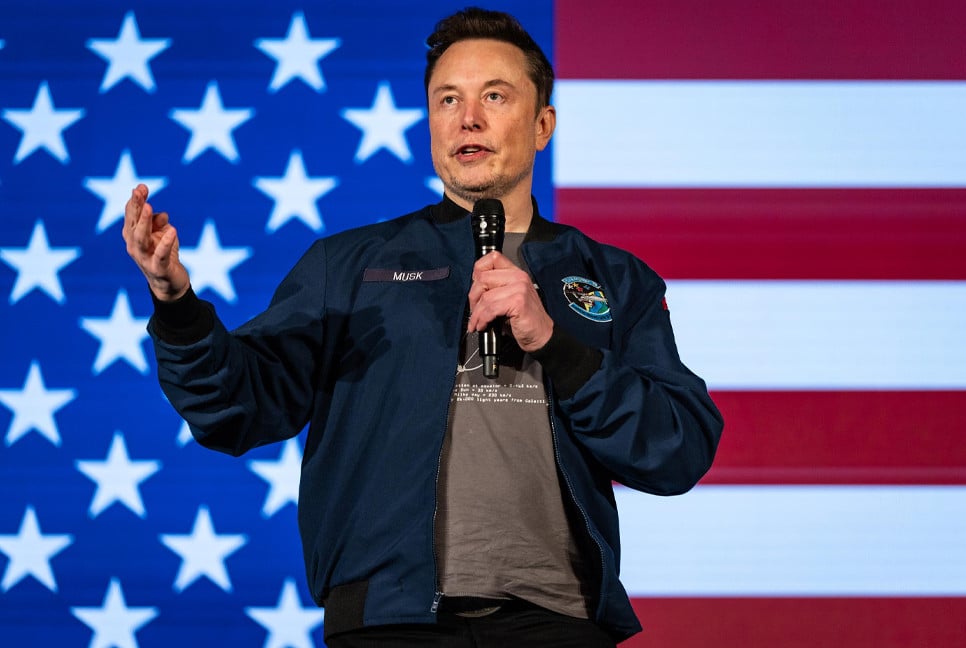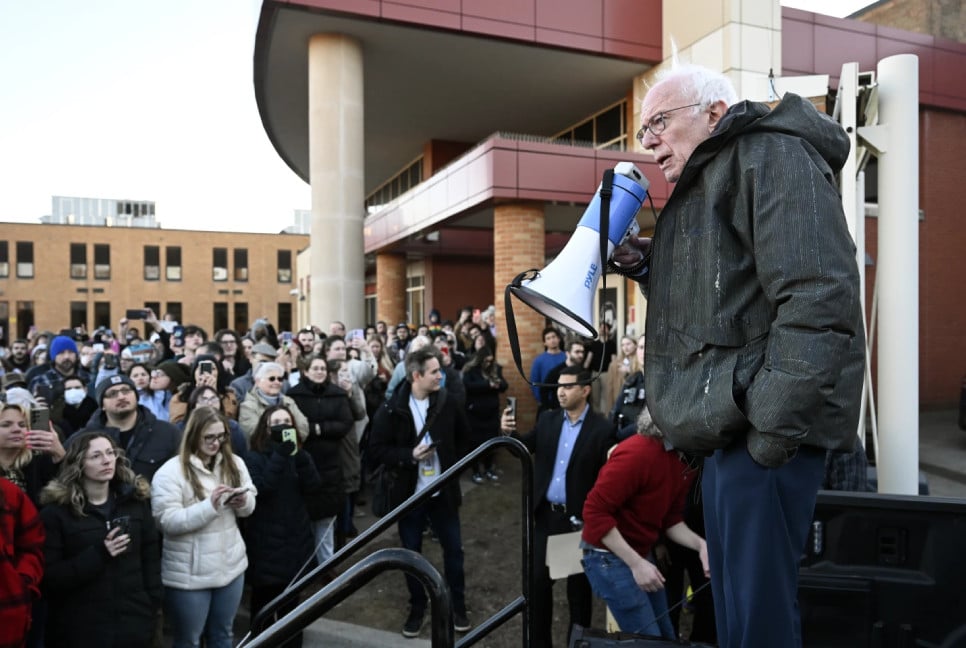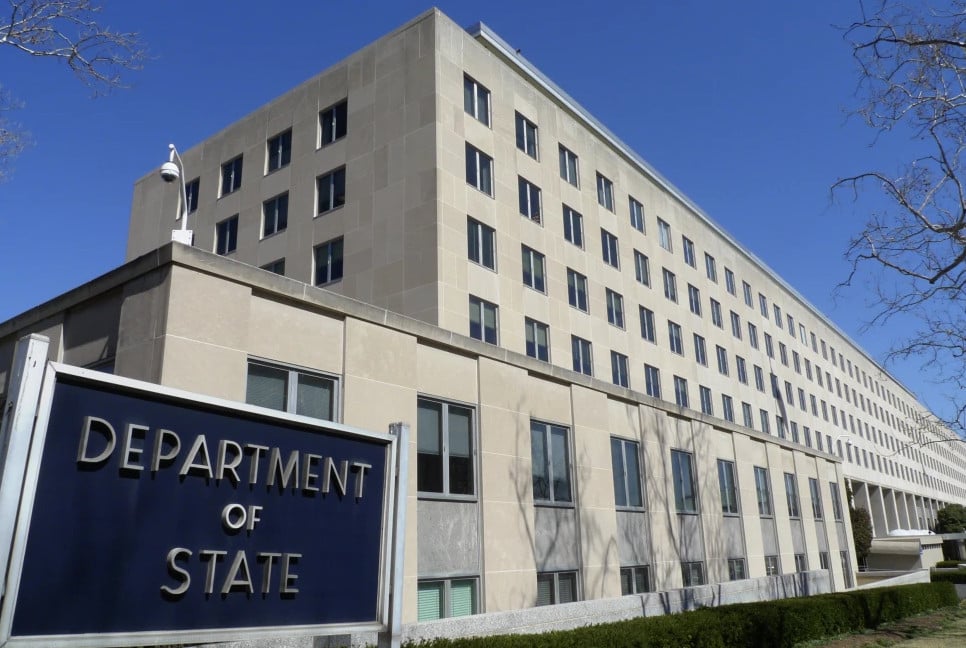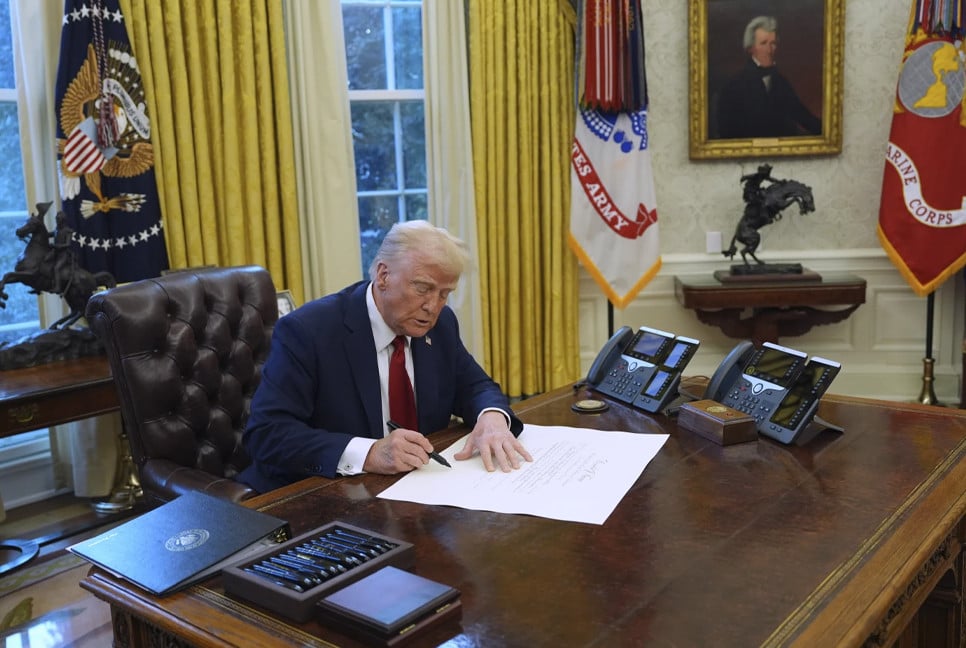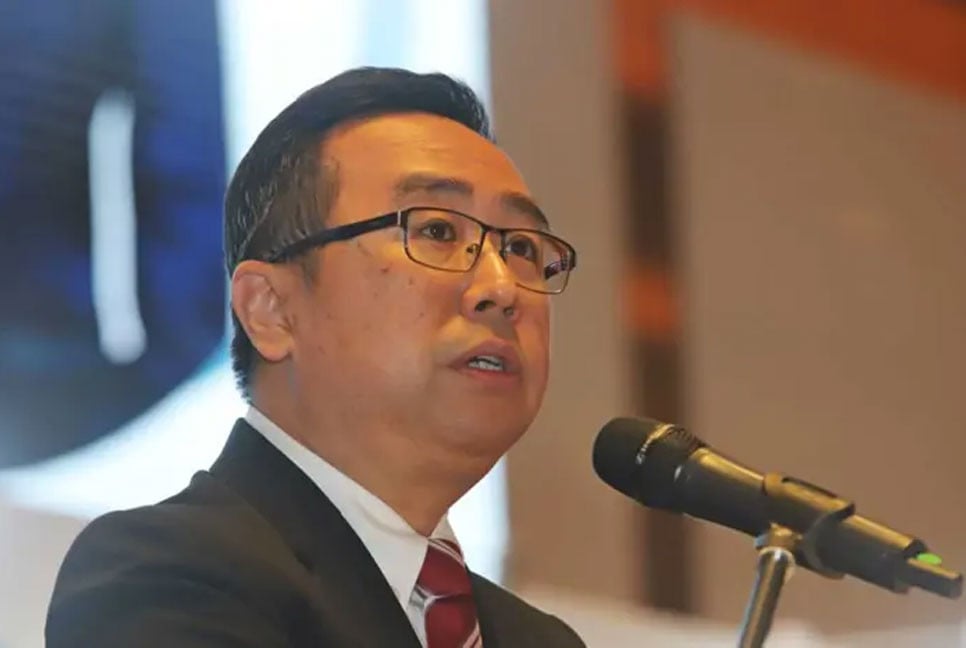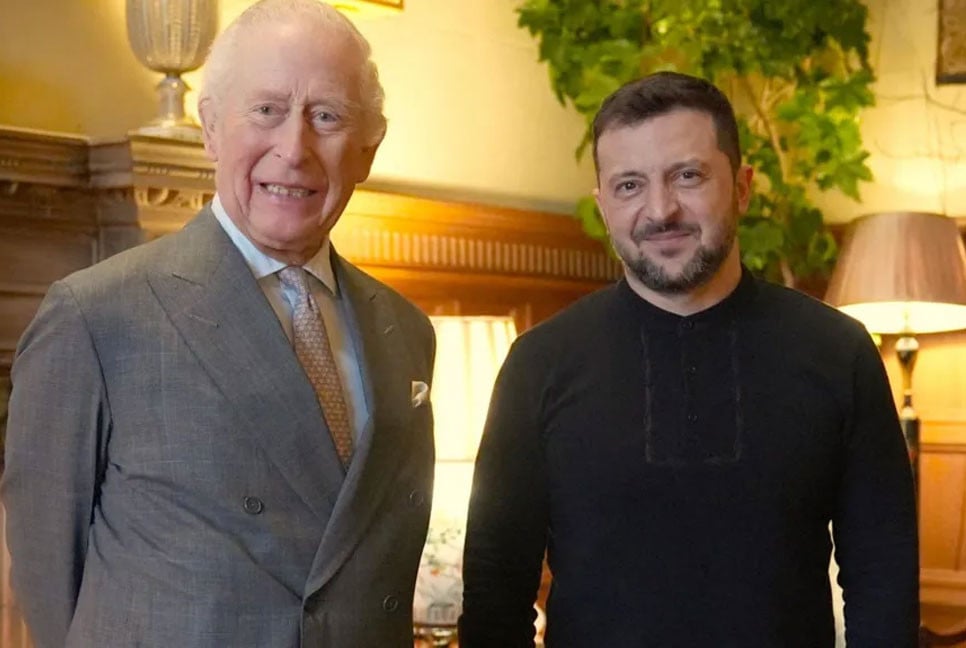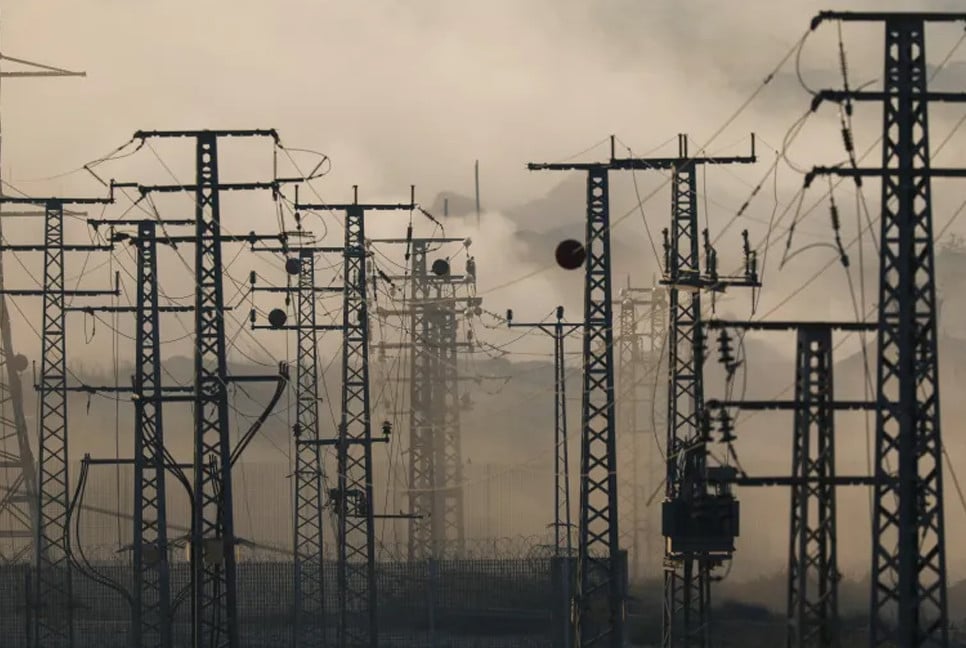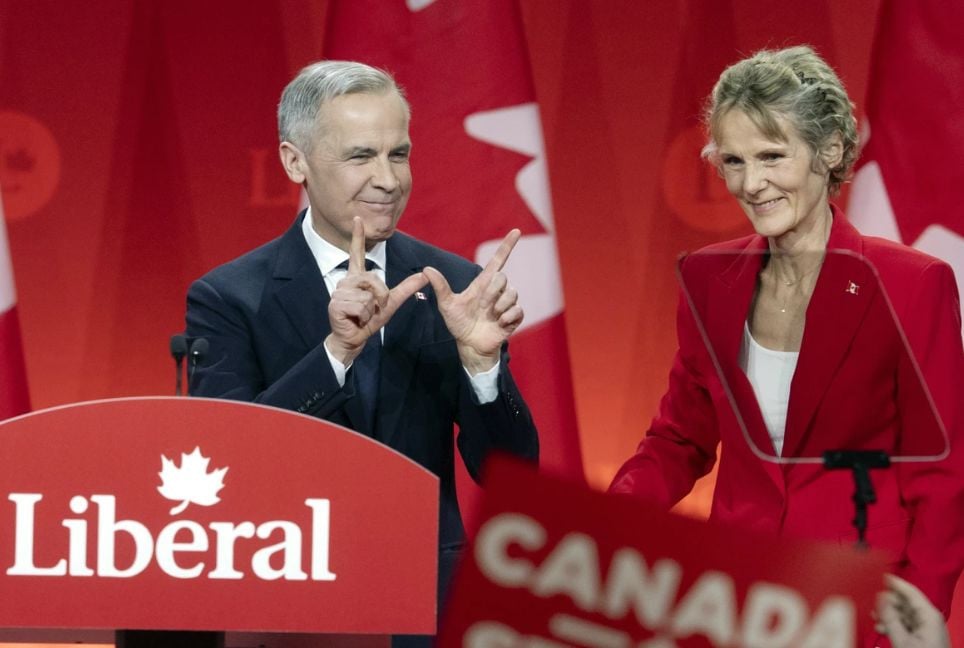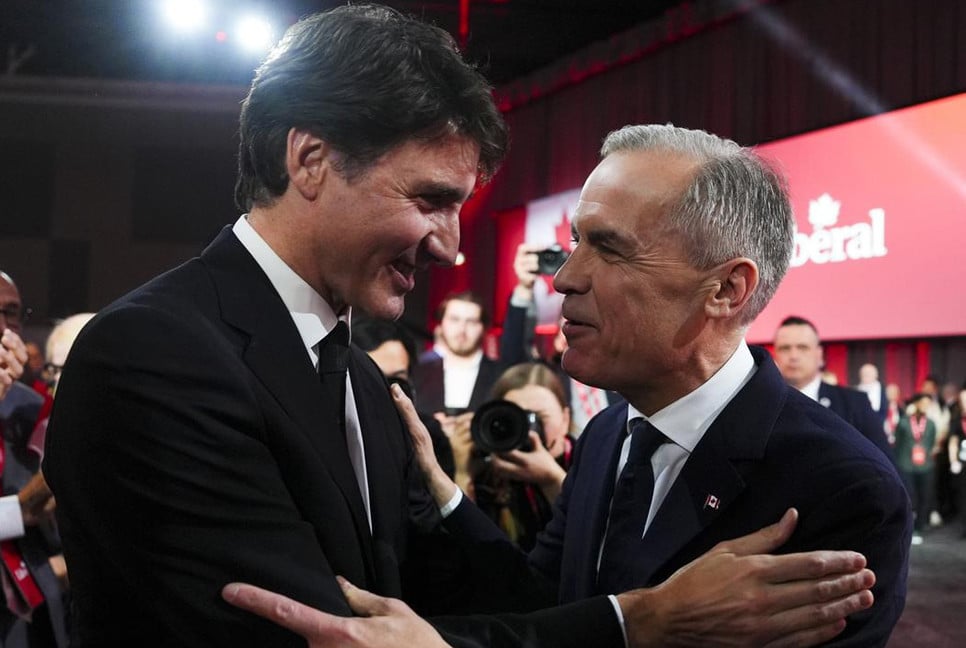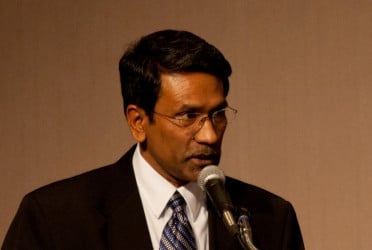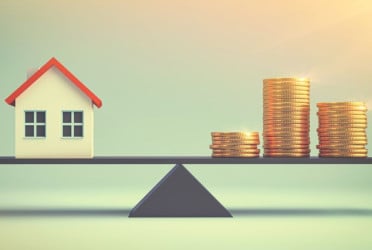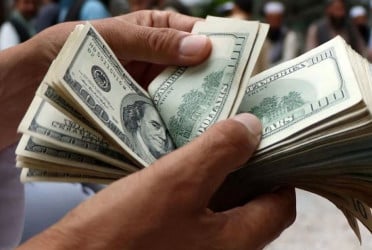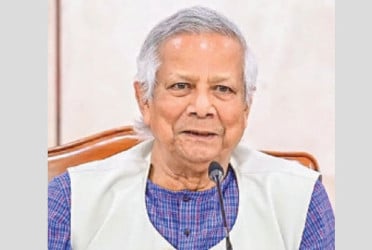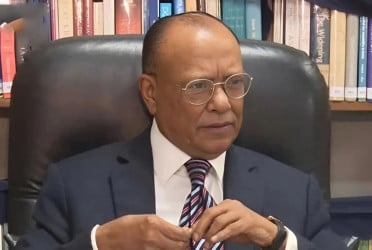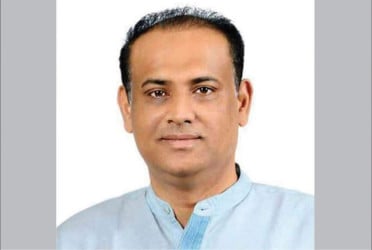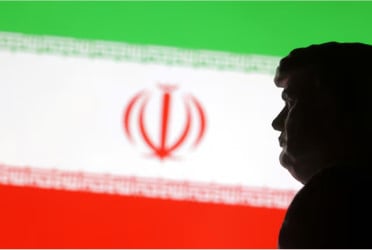In the midst of the United States shutdown crisis, Elon Musk emerged as a significant influencer, wielding considerable power alongside President-elect Donald Trump, reports Hindustan Times.
The world's richest person played a key role as the Republican-controlled US House of Representatives passed legislation on Friday that would avert a midnight government shutdown.
Next, the Democratic-controlled Senate would need to pass the bill to ensure the government will be funded beyond midnight, when current funding expires. The White House said President Joe Biden intends to sign it into law if they do.
A government shutdown would disrupt everything from law enforcement to national parks and suspend paychecks for millions of federal workers. A travel industry trade group warned that a shutdown could cost airlines, hotels and other companies $1 billion per week and lead to widespread disruptions during the busy Christmas season. Authorities warned travelers could face long lines at airports.
The package, which passed by a bipartisan vote of 366-34, resembled a bipartisan plan that was abandoned earlier this week after an online fusillade from Trump and Musk, who said it contained too many unrelated provisions, such as a pay raise for lawmakers and a crackdown on pharmacy benefit managers.
Trump's intervention in the funding bill was hardly surprising. The incoming president had doubled down on his demand that the debt ceiling be raised, a critical issue that would have pushed the nation's borrowing capacity into the new year. His rhetoric on social media was blunt: "If there is going to be a shutdown of government, let it begin now," Trump declared, emphasizing that a debt limit increase was a non-negotiable condition.
But as House Speaker Mike Johnson and congressional Republicans scrambled to pass a stopgap measure before the government shut down, it was clear that Trump's demands were causing deep divides within the GOP. Many Republicans, particularly fiscal conservatives, were unwilling to support any measure that would increase the debt ceiling. This left Johnson in the difficult position of trying to satisfy Trump while avoiding a catastrophic shutdown.
Enter Elon Musk, whose influence was felt far beyond the business world. Trump tasked Musk with heading a budget-cutting task force, but Musk holds no official position in Washington.
Trump and Musk unleashed their opposition - and social media army - on the original plan Johnson presented, which was a 1,500-page bipartisan compromise he struck with Democrats that included the disaster aid for hard-hit states, but did not address the debt-ceiling situation.
The SpaceX CEO used his vast social media reach to both sway public opinion and apply pressure on lawmakers. On Thursday, ahead of the vote, Musk posted on his platform X (formerly Twitter), criticizing the proposed funding bill for containing what he saw as unnecessary provisions, such as a pay raise for lawmakers and new restrictions on Chinese investments.
Musk's critique was likely aimed at preserving his business interests, particularly in China, where Tesla has significant operations. Democrats had originally pushed for a provision limiting investments in China, a measure that Musk clearly did not want to see passed, according to Representative Rosa DeLauro (D-CT), who called out Musk during the debate. Musk, for his part, seemed satisfied with the final version of the bill, which stripped many of these provisions. "It went from a bill that weighed pounds to a bill that weighed ounces," Musk wrote on X, signaling his approval.
The billionaire's influence was further evident when Trump backed a revised spending plan that incorporated Musk's concerns. Although the revised plan ultimately failed, Musk's role in shaping the debate was undeniable.
It’s clear that Musk's role was not just advisory. He and Trump are reported to have worked closely to influence Speaker Johnson's approach to the shutdown. Musk’s support was critical in galvanizing conservative opposition to the original bill, which had received significant bipartisan backing earlier in the week. Johnson, facing pressure from the right wing of his party and from Musk and Trump, had to recalibrate.
Bd-pratidin English/Tanvir Raihan

